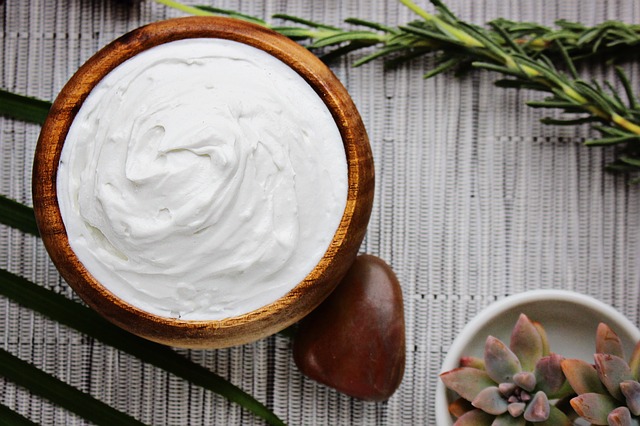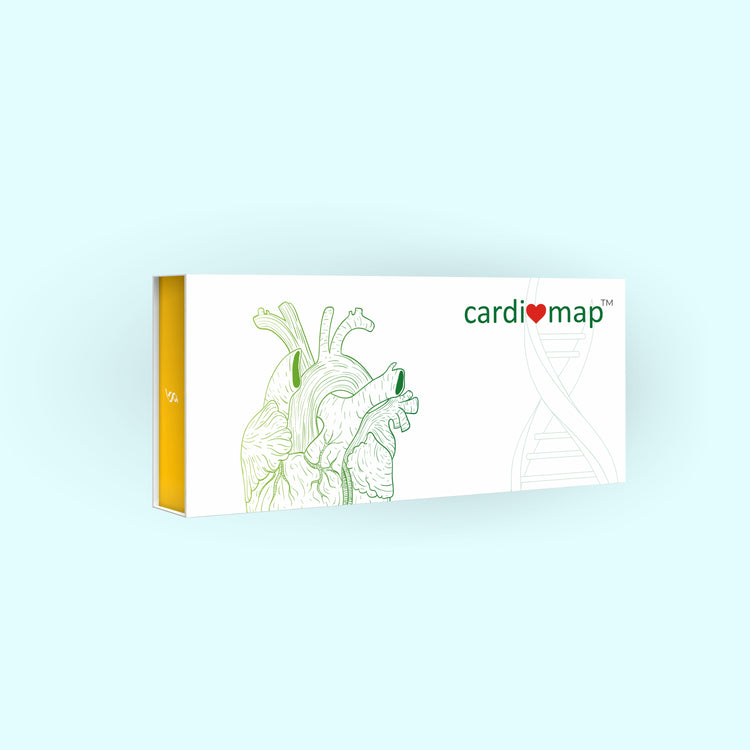Main Nahi Maakhan Khayo
Aug 23, 2019
4975 Views
It’s Janmashtami, the time to celebrate the birth of Lord Krishna. For some, He is the Guru who gave this world the knowledge of Bhagavad Gita. Some see Him as the brilliant strategist who steered the Pandavas towards glory in the epic war of Mahabharata. Even His childhood deeds are cited with reverence and wonder. However, there are some stories that cause mirth and joy, even amongst the most somber people. Many of these stories are about the Divine Boy and His friends stealing butter. These stories, though popular, may not have the same impact on the generation after ours. It is not because of our lack of faith in the Divine; this has more to do with our perspective on butter.

For centuries, butter has held a special place in the Indian cuisine and diet. The recipes are from all parts of the country – from dal makhani to freshly made Gongura chutney with a liberal helping of butter. From tadkas to tandoori and from parathas to dosas, butter used to be a common ingredient. For our grandparents, it was fresh butter. For our parents, it was Amul butter. For us? No butter.
Conditioned To Avoid
For Shalini Iyer, an upcoming marketing executive, butter was never in her diet for a long time. “It’s like I’m conditioned to avoid butter!” she says, adding, “My father and his sisters were overweight. My Mom strongly believed that obesity is in my genes and made sure that my diet was strict, with no fat, and especially no butter. From a young age, I believed that all fats were bad. When I was in the hostel, my care packages would consist of healthy snacks. I learned about the importance of healthy fats and portions of fat recently. The first time I ate butter, as recommended by my nutritionist, I felt terribly guilty. I decided to choose other healthy fats that would not make me feel guilty.”
Shalini is not alone. There are many people like her. The question we have to ask ourselves is, why was it part of the diet for so many centuries if it were so bad?
The Good And The Bad
Let us begin with the nutritive value: One tablespoon of packaged butter includes a whopping 12 grams of fat, increasing our calorie intake by 102 calories. Of the 12 grams of fat, 7 grams are saturated fat, followed by 3 grams of monounsaturated fats, and a small fraction of trans fat and polyunsaturated fat. The numbers are significantly lower for homemade butter – you can gain 67 calories from 8 grams of fat. In addition to fat, butter can supply a fraction of our referenced daily intake (RDI) values of cholesterol and sodium. There is a small amount of Vitamins A, D, E, and K.
Some of the benefits include:
- Carotene in butter contributes not only to Vitamin A levels but also to our antioxidant levels, boosting eyesight and the immune system
- Omega-3 fatty acids in butter contribute to the good cholesterol essential for cardiovascular health
- Conjugated linoleic acid in butter is associated with cancer prevention
- Some lipids in butter contribute to the mucus layer in the intestine, improving the gut health
- Arachidonic acid in butter is associated with improved brain function
- Some nutritionists claim that butter consumption can provide some relief from joint pains
Some purported disadvantages are:
- Excessive consumption of butter is associated with weight gain
- Trace amounts of whey protein and lactose can contribute to allergic reactions and intolerance in some people
- Some studies suggest that saturated fats contribute to LDL cholesterol, which is considered a risk factor for heart disease
Nutritionists Recommend
The story of butter has seen so many twists and turns – favored by Gods and humans, the fall for popularity came from reports associating saturated fats with obesity and cardiovascular disease. In recent years, however, nutritionists have started recommending butter and ghee as they contain many good fats. There are some who accord it the superfood status. Bullet-proof coffee advocates recommend blending unsalted grass-fed butter and virgin, cold-pressed coconut oil with fresh brewed coffee.
Celebrity nutritionist and local foods advocate Rujuta Diwekar often recommends homemade butter and ghee for weight loss. Monisha Ashokan of Nourish Me sees white butter as a dollop of health. Nutritionist Kavita Devgan shares this tip in her book Ultimate Grandmother Hacks: 50 Kickass Traditional Habits For a Fitter You:
“Use oils by rotation. Every fat, including different oils, has its own composition. Kardi and sunflower oils are rich in PUFA (polyunsaturated fatty acids), while ghee, butter, groundnut oil and mustard oil are rich in SFA (saturated fatty acids) and MUFA. It is recommended that PUFA, MUFA and SFA are consumed in the ratio 1:1.5:1. So, all the three sources, i.e., ghee or butter, mustard or groundnut oil and safflower or sunflower oil should be consumed in a day for a healthy heart. Yes, stop damning saturated fats as it is clear beyond a shadow of doubt that they are not damning our health. Medium chain fatty acids (MCFAs) like those present in coconut oil are a superfood as these help with the absorption of antioxidants and other nutrients from our food, which is why going back to cooking in coconut oil like our elders is a good idea.”
To Eat Or Not To Eat
Our experts suggest that obesity and cardiovascular disease are multifactorial, with components such as genetics, eating habits, and fitness habits, among others. To eat or not to eat is a personalized choice, based not only on our health history but also on our DNA. Genomic solutions such as MyFitGene can help you understand your body’s response to dietary fats. Our genomic counselors correlate findings from your DNA with health history to recommend nutrition and fitness plans best suited to you.
Conclusion
Butter has been part of the Indian diet for millennia until health experts started linking butter with heart disease and obesity. Today, nutritionists recommend inclusion of small amounts of grass-fed unsalted butter and ghee in the diet. This wisdom comes from science as well as the knowledge passed on to us by our ancestors. The choice, however, is ours to make.
Works Cited
“FoodData Central Search Results.” FoodData Central, fdc.nal.usda.gov/fdc-app.html#/food-details/173411/nutrients.
Devgan, Kavita. Ultimate Grandmother Hacks: 50 Kickass Traditional Habits for a Fitter You. Rupa Publications India, 2018.

